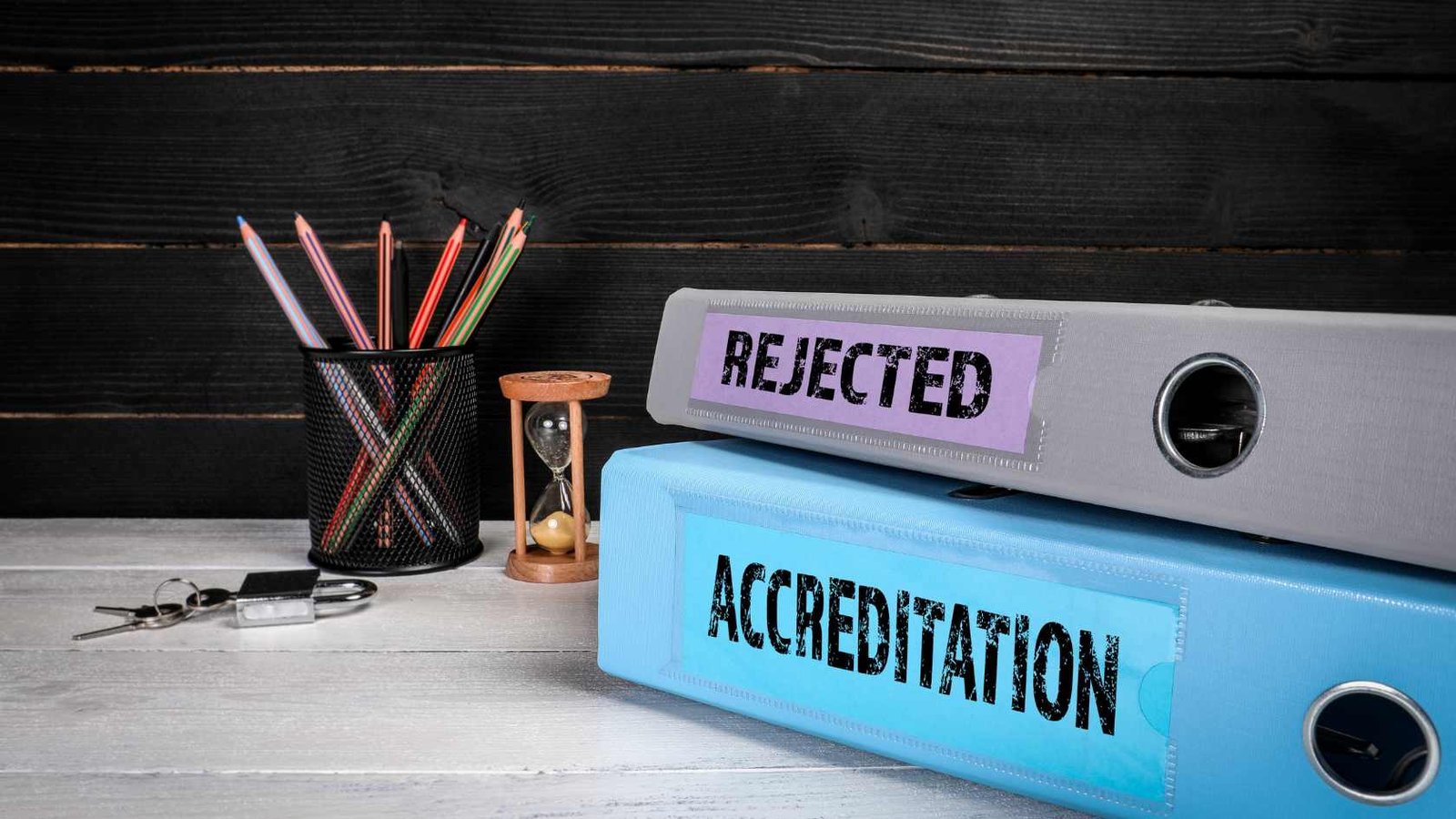
When you’re a business owner, there is one thing that you absolutely need to do, and that’s work towards building up some authority. But with that said, however, there is one common issue that keeps coming up: it’s not just whether or not you should build authority, but how. Nowadays, there are so many third-party organizations, so how do you know which one is actually accredited? Which one is actually recognized?
What’s even the real deal? Technically, any organization can just make a certificate; anyone can really, but it’s how it’s recognized that actually matters. But at the end of the day, staying ahead requires more than just a compelling product or service.
Plus, as a business owner, you still have to keep in mind that even though there is a sea of questionable certificates and seals, you’re still going to need some accreditation and certifications since these are exactly what offer a strategic advantage that goes beyond mere credentials. With that said, should you actually spend your resources like time and money on this? Is it actually worth it?
It Can Enhance Your Credibility
While it’s entirely true that more and more questionable third parties are coming up and creating accreditations, it doesn’t outright mean that it’s a bad thing. In general, accreditations and certifications serve as tangible proof of your business’s commitment to quality and professionalism. They act as a seal of approval that can enhance your credibility in the eyes of clients, partners, and customers.
Think of it this way: there are more than enough industries out there, and usually, each industry is going to have a set of widely recognized certificates, seals, or other accreditations that businesses (or business owners) need to get in order to be taken seriously. Sometimes, you need to take exams and know certain terminology, such as what’s on the BuildOps Glossary for those in the construction or contractor industry; other times, it’s more than exams; it’s actual inspections within your business or maybe even the experience you have.
But overall, while it’s true not all certificates or organizations are seen as the same, the effort varies too. Plus, trust is a cornerstone of business success, and certifications provide a visible assurance of your dedication to meeting industry standards.
Can Be Ideal for Gaining a Competitive Edge
As you probably already guessed, when it comes to being in a saturated market, standing out is paramount (basically, you have no choice). Certifications set your business apart from the competition. When potential clients see that your business has earned specific accreditations, it signals a higher level of expertise and dedication. This competitive edge can be a decisive factor in winning contracts and attracting new customers.
You’re Meeting Regulatory Compliance
While you’re still questioning whether or not it’s a waste of time and money, you also need to take a look at what your industry expects of you, your business, and your employees too. Certain industries have stringent regulations that businesses must adhere to.
So, with that said, obtaining relevant certifications ensures that your business meets these regulatory requirements. This isn’t only going to protect your business from legal issues but also demonstrates a commitment to ethical practices and industry standards.
It’s Easier to Adapt to Industry Trends
It’s really not something that’s thought too much about, but it is something to really think about. The business landscape is ever-evolving, with industry standards and best practices continuously shifting. Basically, it’s just constant, especially now with the rise in AI technology and the ever-growing changes among consumers.
So, with that said, pursuing certifications keeps your business on the cutting edge of industry trends. This commitment to staying current demonstrates adaptability and a proactive approach to providing the best for your clients.
Facilitating Continuous Improvement
Another thing you need to keep in mind is that it’s not just about making your business look better, but it’s also about making it operate better too. So, when you’re focusing on the pursuit of certifications, it can actually help out in fostering a culture of continuous improvement within your business, not just for you but your team, too.
The process of meeting and maintaining accreditation standards encourages ongoing assessment and refinement of your practices. With that said, this commitment to excellence is a driving force behind the long-term success and growth of your small business.
But Are They Worth It?
Ultimately, it’s going to be up to you whether you think it’s best or not. For some industries, such as manufacturing or engineering, there’s an expectation to constantly get them, but for other industries, they’re basically useless (like beauty and cosmetics). If you think you don’t need it, and there’s no push in the industry, then there might actually be a chance that it’s a waste.









